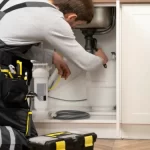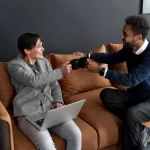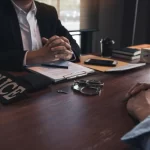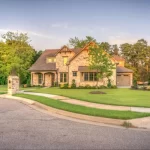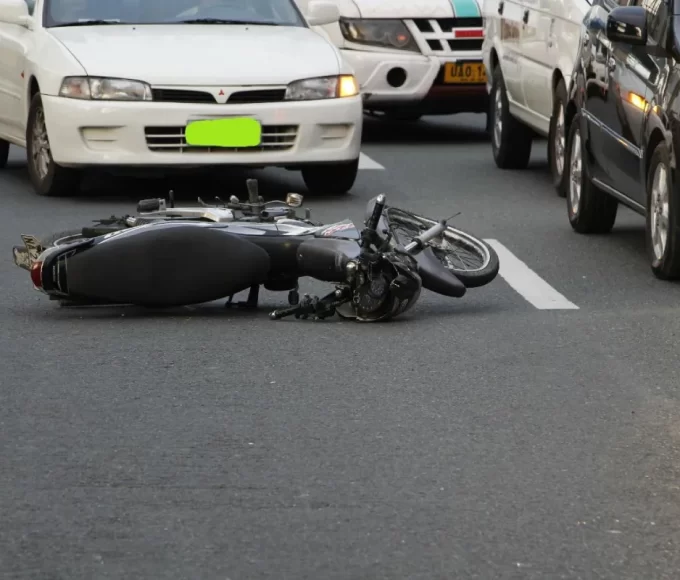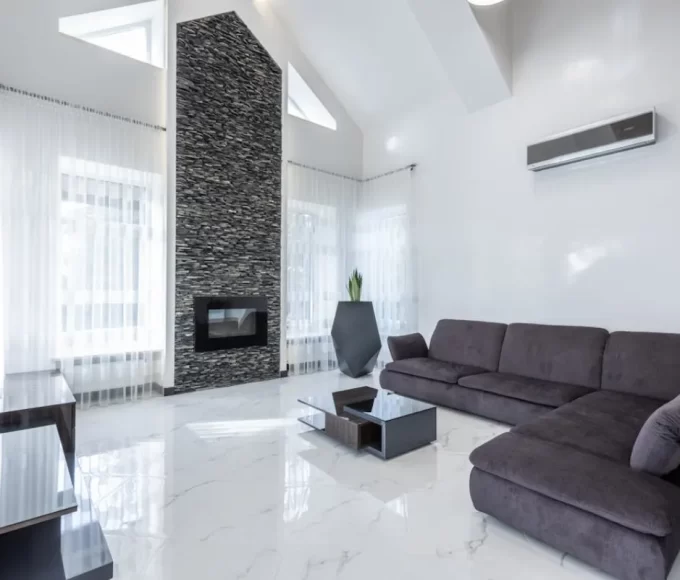Contrary to popular belief, premises liability cases are complicated. Personal injury lawsuits under premises liability law come in a variety of forms. Everyone involved needs to be fully aware of the property owner’s legal obligations as well as any potential disputes.
For example, premises liability in relation to dog bites usually means that property owners or tenants are legally responsible for any harm caused by dogs on their land. According to a Charlotte dog bite attorney, the injured party may be entitled to compensation for medical expenses, lost wages, pain and suffering, and other damages.
But what exactly are the key factors that determine liability in such cases? Let us focus on the information and comprehension required to successfully negotiate the complexities of premises liability law.
Legal Duties of Property Owners
As a property owner, you’re legally responsible for maintaining a safe environment for visitors and guests on your premises. This duty extends to ensuring that potential hazards such as slippery floors, uneven walkways, or inadequate lighting are promptly addressed to prevent accidents.
Regular inspections of your property are necessary to identify and rectify any dangerous conditions that could pose a risk to others. You must provide adequate security measures to protect against foreseeable criminal acts that could harm individuals on your premises. It is essential to understand that failure to fulfill these obligations could result in premises liability claims being brought against you.
Cheney Galluzzi & Howard, LLC, mentioned that the particulars of each case may vary depending on the jurisdiction, and these legal obligations may change. Owners who neglect their responsibilities could be held accountable for any harm or losses sustained by others who are hurt on their property.
Types of Premises Liability Claims
Different scenarios can lead to premises liability claims against property owners. Slip-and-fall accidents are one of the most common types of claims, where individuals slip on wet floors, uneven surfaces, or debris left on walkways. These incidents can result in injuries such as broken bones, sprains, or head trauma.
Another type of claim involves inadequate security measures, which can lead to assaults, robberies, or other criminal activities on the property. Property owners may be held liable if they fail to provide adequate lighting, security cameras, or security personnel in areas where such incidents are foreseeable.
Claims can also arise from defects in the property’s design or maintenance, such as broken stairs, unstable railings, or faulty electrical wiring causing fires or electrocution. It’s necessary for property owners to address these issues promptly to prevent accidents and potential liability claims.
Factors Affecting Liability
When determining liability in premises cases, several key factors come into play.
- The status of the person on the property. Property owners owe different levels of care to visitors based on whether they’re classified as invitees, licensees, or trespassers. Invitees are owed the highest duty of care as they’re on the property for the benefit of the owner, while licensees are typically social guests or those with permission to be on the property. Trespassers, on the other hand, are owed the least amount of care.
- The foreseeability of the danger. Property owners are expected to anticipate and address potential hazards on their premises. If a hazard is foreseeable and the property owner fails to take reasonable steps to prevent harm, they may be held liable for any resulting injuries.
- The actions of both the property owner and the injured party leading up to the incident can impact liability. If either party acted negligently or recklessly, it could affect the outcome of a premises liability claim.
Understanding these factors determines the liability in premises cases.
Steps to Take After an Incident
After an incident on someone else’s property, your first priority should be your safety and well-being.
- If you’re injured, seek medical attention immediately. Notify the property owner or manager about the incident. Don’t forget to gather evidence, such as by taking photos of the scene, getting contact information from any witnesses, and preserving any torn clothing or damaged items.
- Make sure to report the incident to the authorities or file an incident report if necessary.
Remember to refrain from discussing fault or signing any documents without seeking legal advice.
- Document all medical treatments received and expenses incurred due to the incident. Keep records of any lost wages or income if the injury affects your ability to work. It’s advisable to consult with a premises liability attorney to understand your rights and determine if you have a valid claim against the property owner.
By taking these steps, you can protect your well-being and legal rights after an incident on someone else’s property.
Importance of Seeking Legal Counsel
Seeking legal counsel promptly after an incident on someone else’s property means understanding your rights and potential for a valid claim against the property owner.
A knowledgeable attorney specializing in premises liability can provide guidance on the legal process, assess the strength of your case, and advise you on the best course of action.
Legal counsel can assist in gathering evidence, interviewing witnesses, and negotiating with insurance companies or the property owner’s legal team on your behalf. A lawyer can help you handle complex legal procedures, statutes of limitations, and potential defenses that the property owner may raise.
Conclusion
We just learned that property owners have a legal duty to maintain a safe environment for visitors and guests. Understanding premises liability and the responsibilities of property owners is important to filing potential claims.
If you have been injured on someone else’s property, seek legal counsel for compensation. Remember to document the incident and gather any evidence to support your claim.



